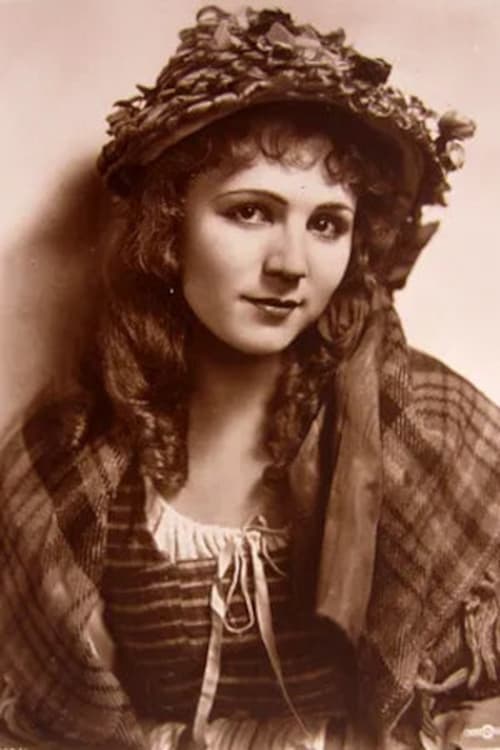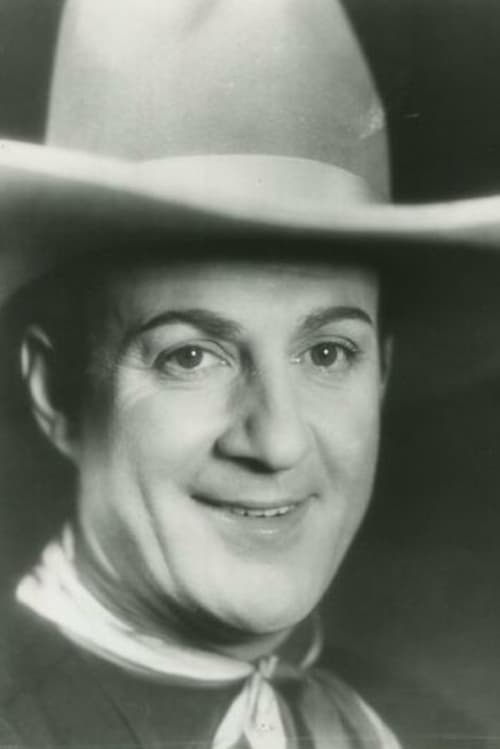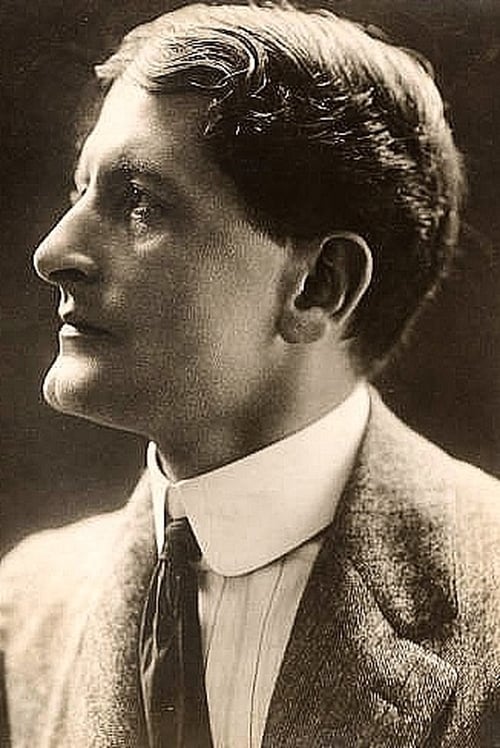The Trouper (1922)
Gênero : Comédia, Drama
Runtime : 50M
Director : Harry B. Harris
Sinopse
Working as a wardrobe girl in a cheap traveling stock company, Mamie Judd secretly loves Jenks, the leading man, who scarcely notices the young girl. She saves Neal Selden, son of a small-town banker, from being accused of robbery and murder, acts committed by the company's manager and leading lady.

Lost film from 1891, directed by William K.L. Dickson and William Heise. The film stars James C. Duncan.

Unfound film from 1891, directed by William K.L. Dickson and William Heise. The film stars James C. Duncan.

Lost film from 1891, directed by William K.L. Dickson and William Heise.

Lost film from 1891, directed by William K.L. Dickson and William Heise. The film stars Fred C. Devonald and James C. Duncan.

After accidentally killing an opponent in the ring, a professional wrestler takes a job at a group home for youth offenders. But when a psychopath wearing a wrestling mask begins butchering the teenage residents, their rehabilitation will become a no-holds-barred battle for survival. Originally filmed in 1994 but completed in 2019.
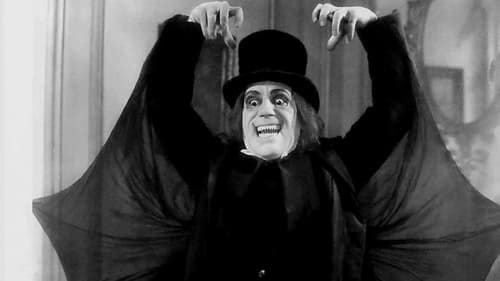
O corpo de um homem rico é encontrado no interior de sua casa e o laudo pericial aponta suícidio, porém cinco anos depois a residência do homem passa a receber estranhas presenças sobrenaturais que, ao que tudo indica, são vampiros.

Lost film directed by William K.L. Dickson. Presented by Edison Manufacturing Company.
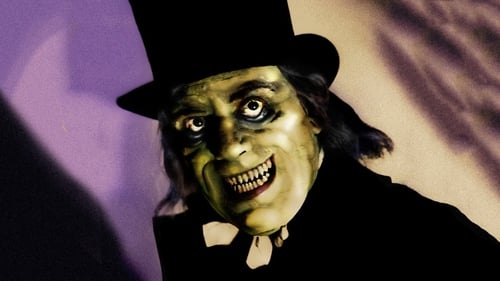
A reconstruction, made from still photographs, of the lost 1927 Tod Browning film London After Midnight (1927) starring Lon Chaney.

Marilyn Monroe's final project, "Something's Got to Give", has become one of the most talked about unfinished films in history. The story of the film and Marilyn's last days were seemingly lost… until now. Through interviews, never-before-seen footage and an edited reconstruction of "Something's Got to Give", Marilyn Monroe: The Final Days provides a definitive and fascinating look at the last act in the life of the world's most famous and tragic superstar.

Lost film from 1888, directed by William Friese-Greene.
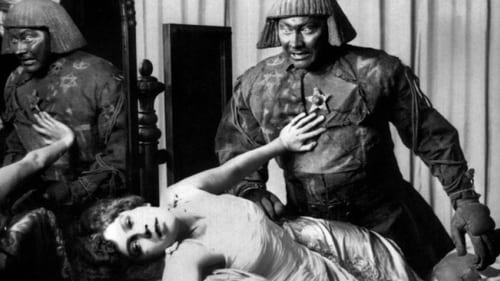
This mostly lost film (please check your attic) is often confused with director Paul Wegener third and readily available interpretation of the legend; Der Golem, wie er in die Welt kam (1920). In this version of the golem legend, the golem, a clay statue brought to life by Rabbi Loew in 16th century Prague to save the Jews from the ongoing brutal persecution by the city's rulers, is found in the rubble of an old synagogue in the 20th century. Brought to life by an antique dealer, the golem is used as a menial servant. Eventually falling in love with the dealer's wife, it goes on a murderous rampage when its love for her goes unanswered.

Nick Carraway, a young Midwesterner now living on Long Island, finds himself fascinated by the mysterious past and lavish lifestyle of his neighbor, the nouveau riche Jay Gatsby. He is drawn into Gatsby's circle, becoming a witness to obsession and tragedy.

A theatrical troupe from the west end of London loses its leading lady (Rose Trelawny) when she goes off to marry a rich young man from the other side of town (Arthur Gower). The rest of the play deals with the budding romance and trials and tribulations of their love, as well as the changing face of late-19th-century theatre.

Playboy Teddy Ward wants to marry Jeannie King, an artist, but his father wants him to marry Loris Lane, but tells Teddy he can marry whom he pleases if he will make the Mountain Inn a profitable operation. Teddy agrees, and with the support of his friends arranges an ice-boat race with a $10,000 prize to the winner. A problem arises when his father refuses to pay such an amount. Teddy thinks one of his friends will win the race and refuse the prize, but champion racer "Duke" Slade shows up and Teddy knows he will take the money. Some movie stars show up and, while using their own names, are definitely not playing "Self" in this fictional film.

Pinto Peters and his pal Chuckwalla Bill ride into town just as the editor of the local newspaper is being urged to leave by a gang of thugs led by Joe Reedly. The pair give the editor $100 and get a bill of sale for the newspaper, only to find out later that Reedly holds a mortgage of $200 against it. This they pay off and start a campaign to clean up the town. They meet with considerable opposition until they enlist the services of Judge Fay.

When the painter Christopher Bean dies, some unscrupulous art dealers try to get several of his paintings cheaply from a family who have no idea of their value.

Cockney racing tipster Evans (Miller) is asked by a nouveau riche and socially aspirant couple to train a racehorse they have bought.
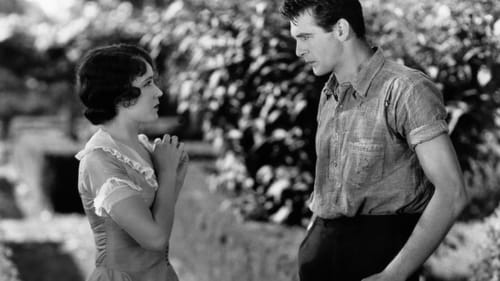
The Talbots, formerly one of the Eastern Shore's first families, have gone to seed: Pap is a drunk, soddenly decaying in his ruined ancestral home, and three of his sons (William, Carol, and Ezra) are lazy, shiftless young men. Mulligan, Pap's second son who supports the entire family by oyster fishing, falls in love with wealthy Anna Lee, but when he first kisses her, she calls him "white trash."

When Sue Bixby becomes his new boss, stagecoach robber Talbot reforms and goes after her rustled cattle.
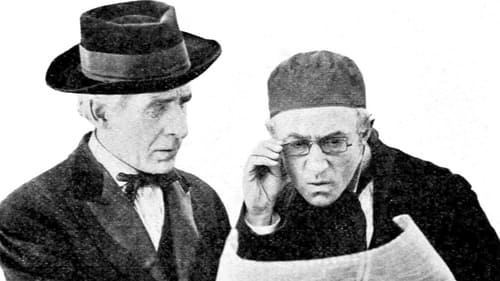
In the future (1921), an alliance of several foreign countries plot to attack the US. American officials, coming to the realisation that the country is basically defenceless, offer $1,000,000 to anyone who can come up with a weapon to defeat the invaders. Winthrop Clavering, a writer and inventor, hears of the reward and tells his friend Bartholomew Thompson, a scientist and inventor who has been working on developing flying torpedo. However, enemy agents have also heard about Thompson's project, and set out to kill him and steal his plans. This film is now considered lost.

